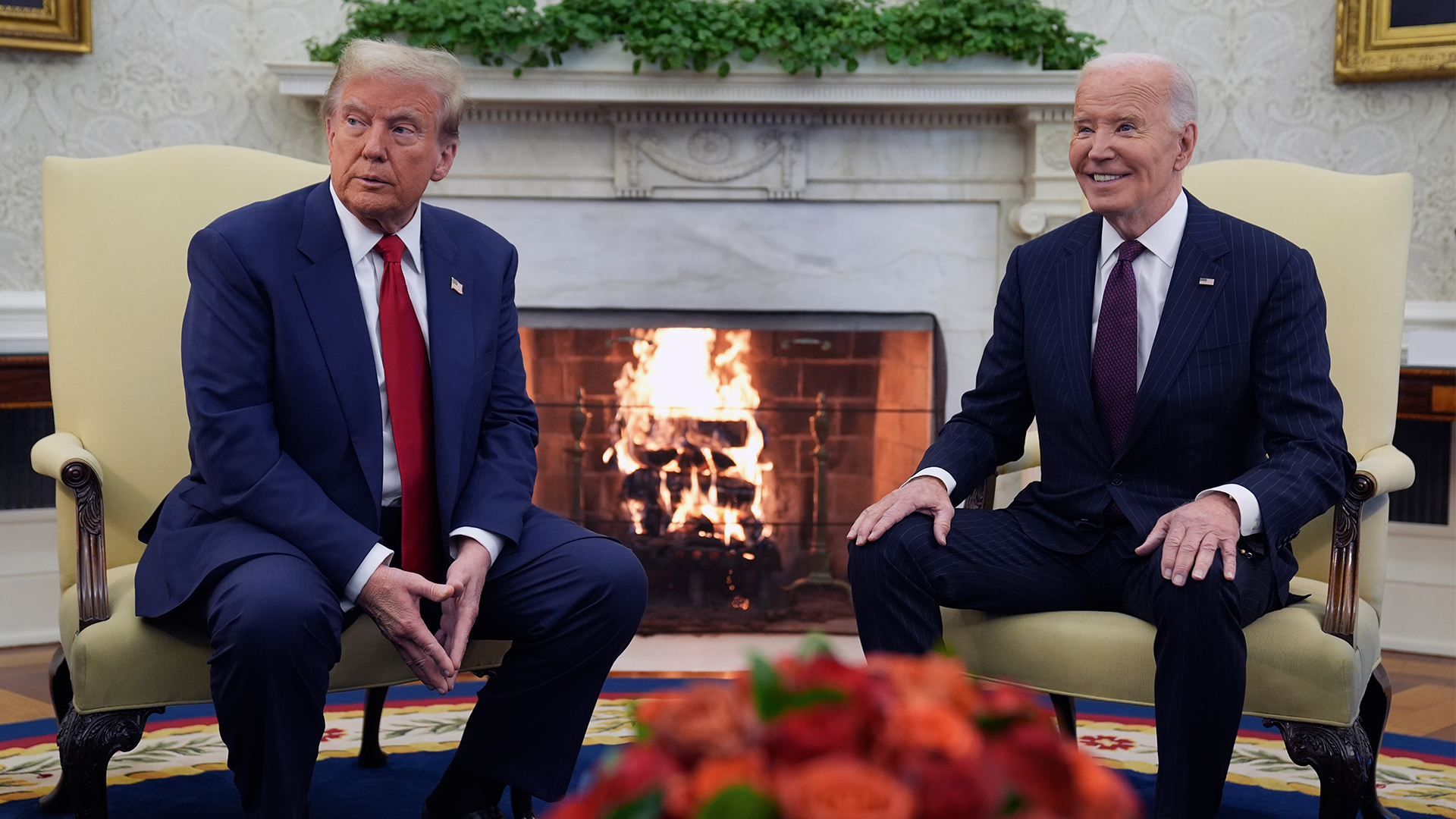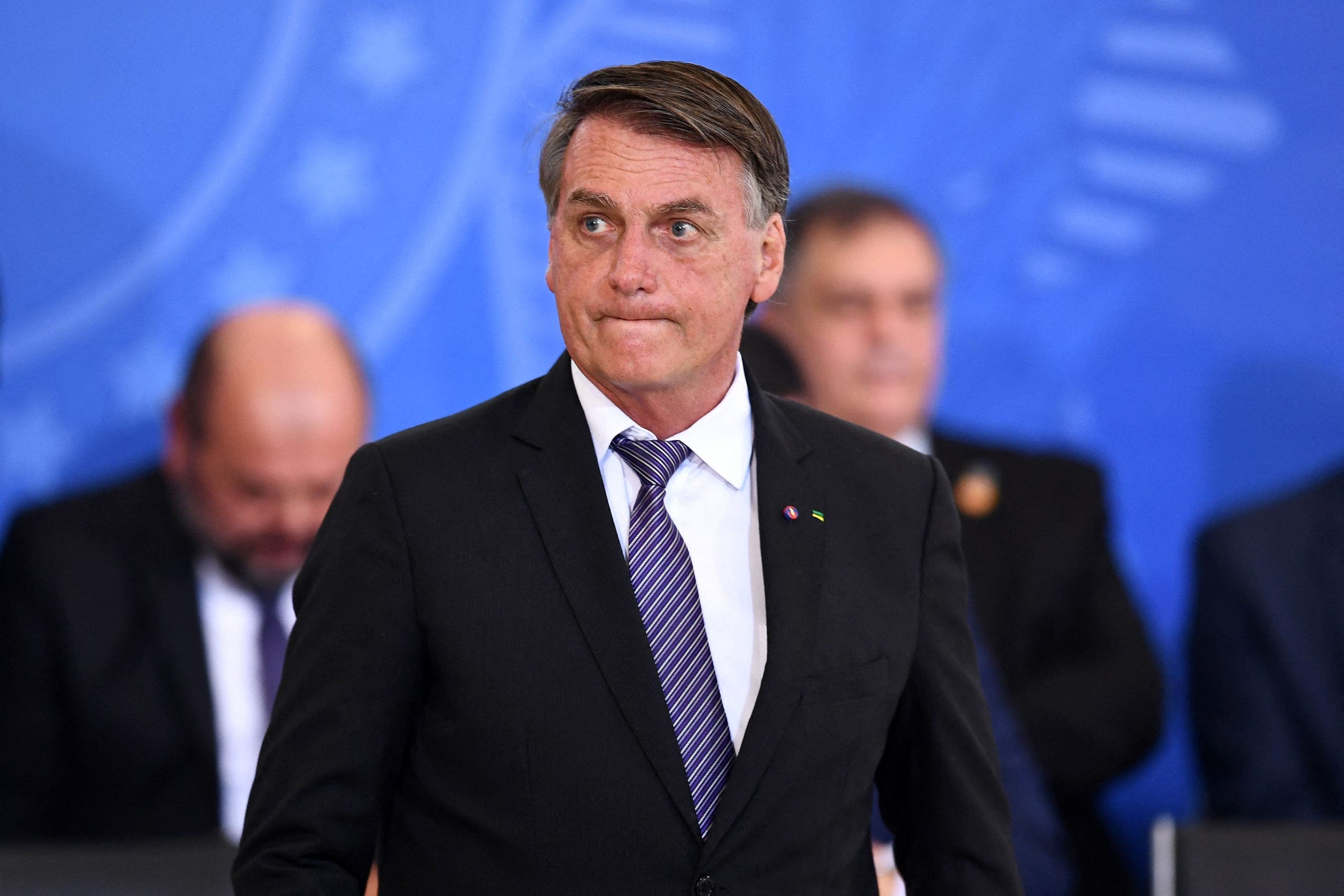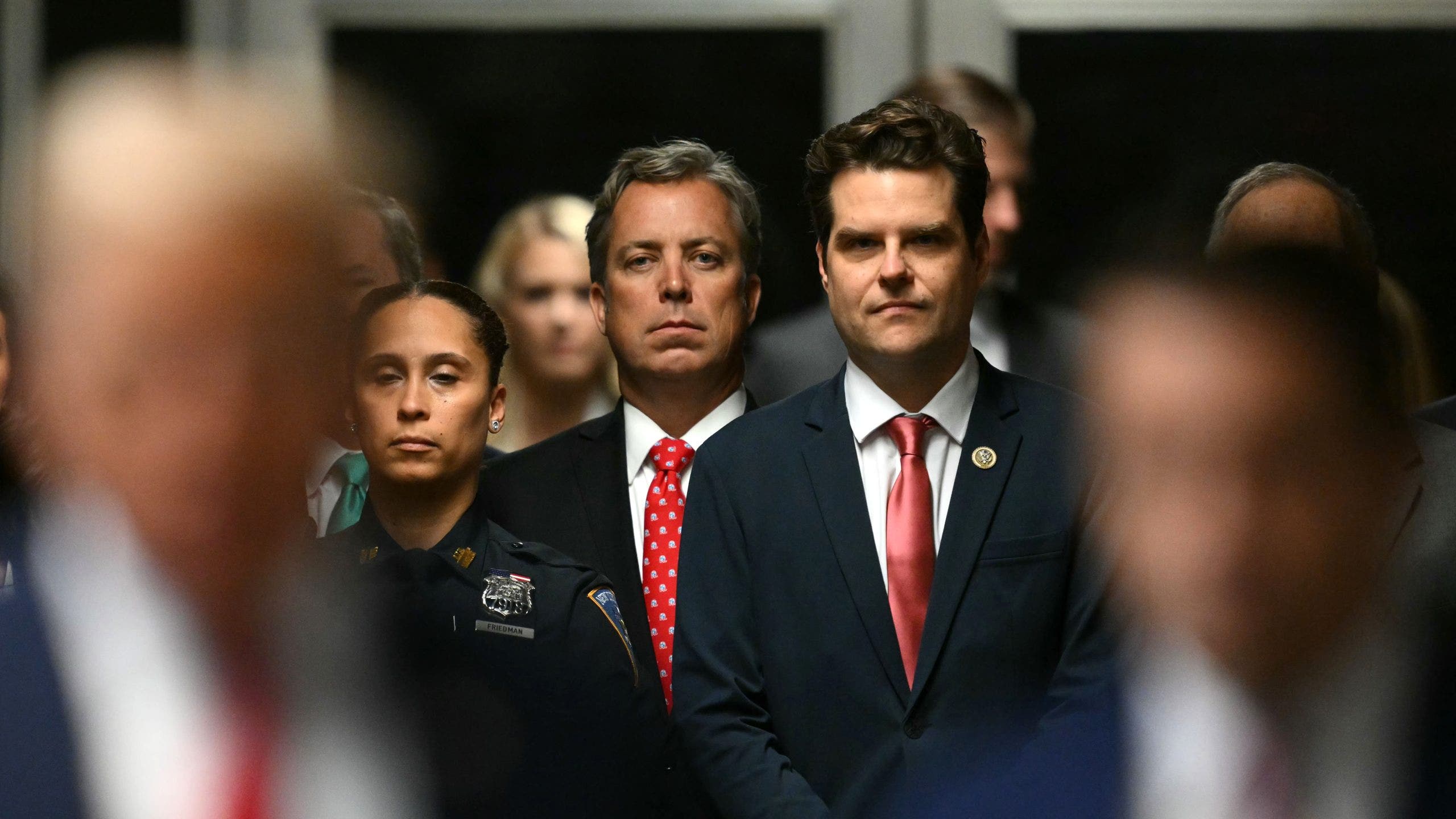The Illinois Supreme Court ruled that a special prosecutor's case against the actor shouldn't have gone forward because of a previous no-prosecution agreement
Jussie Smollett’s conviction for lying to the police about a hate crime he was accused of staging against himself was overturned by the Illinois Supreme Court.
The ruling was made on procedural grounds, going back to a decision by the Cook County State Attorney’s Office to drop the case against Smollett a few weeks after his original indictment, with the actor agreeing, in turn, to forfeit his $10,000 bail to the city. That decision, however, caused an uproar amongst city officials, which ultimately led to the appointment of a special prosecutor and the revival of the case. Smollett was eventually convicted on five charges of lying to the police in Dec. 2021 and sentenced to 150 days in prison the following March.
But the Illinois Supreme Court ruled that the special prosecutor’s case against Smollett shouldn’t have gone forward because of that original no-prosecution agreement.
The judges described their ruling as one based around a “question about the State’s responsibility to honor the agreements it makes with defendants” — specifically if the State should be allowed to “bring a second prosecution when the dismissal was entered as part of an agreement with the defendant and the defendant has performed his part of the bargain.”
They ultimately ruled: “We hold that a second prosecution under these circumstances is a due process violation, and we therefore reverse defendant’s conviction.”
Smollett’s lawyer, Nene E. Euche, told Rolling Stone, “This was not a prosecution based on facts, rather it was a vindictive persecution and such a proceeding has no place in our criminal justice system. Ultimately, we are pleased that the rule of law was the big winner today. We are thankful to the Illinois Supreme Court for restoring order to Illinois’ criminal law jurisprudence.”
Smollett ended up serving less than a week of his five-month sentence, with an appeals court agreeing that he should be released on bond pending the outcome of his appeal. The former Empire actor’s first appeal, however, did not go his way, with two of three Appeals Court judges ruling to uphold the conviction last December. (That decision prompted Smollett and his legal team to appeal again to the state Supreme Court.)
Editor’s picks
Smollett’s case dates back to 2019 when he went to police in Chicago claiming that two men assaulted him outside his apartment, put a noose around his neck, and called him racial slurs. The initial incident garnered a slew of media attention, as did the revelations over the next few weeks as Smollett’s story crumbled. Authorities eventually accused him of staging the attack with the help of brothers Abimbola and Olabinjo Osundairo, who later testified that Smollett paid them to attack him as a publicity stunt. (Smollett, for his part, has long maintained his innocence.)
Trending Stories
At the end of its ruling, the Illinois Supreme Court notably cited the Pennsylvania Supreme Court’s controversial decision to throw out Bill Cobsy’s sexual assault conviction, also because of a previous agreement with prosecutors.
“[W]hat would be more unjust than the resolution of any one criminal case would be a holding from this court that the State was not bound to honor agreements upon which people have detrimentally relied,” the Illinois Court wrote.

 4 hours ago
1
4 hours ago
1
















.png)

.png)
.png)
.png)













 English (US) ·
English (US) ·  Hindi (IN) ·
Hindi (IN) ·